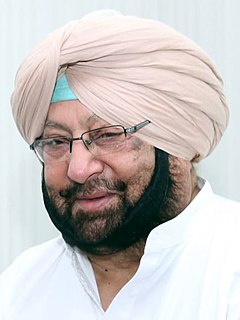A Quote by M. S. Swaminathan
Agriculture involves crop husbandry, animal husbandry, forestry and fisheries. Your income will go up only if you look at the system, and not from one crop alone.
Related Quotes
Women have an important role in agriculture. We need to introduce technology, which will help us harness the potential of women in agriculture. We need to divide the agriculture sector into three parts- regular farming, farming of trees and animal husbandry. If we are able to do this, the contribution of our women will increase even more.
To husband is to use with care, to keep, to save, to make last, to conserve. Old usage tells us that there is a husbandry also of the land, of the soil, of the domestic plants and animals. And so it appears that most and perhaps all of industrial agriculture's manifest failures are the result of an attempt to make the land produce without husbandry.
Yet if you go to the supermarket and look at food that's produced through industrial agriculture, look at what's happened to the prices. Have they been going down? They've been going up and they will continue to go up. So the choice is either, do we hitch onto a system of agriculture that's doomed and will doom the planet with it, and go along the route of industrial agriculture, or do we want to shift to a kind of system that we know is going to be, in the long run, cheaper, because we'll have a planet left at the end of it? We need to factor that cost in.
"I think we'll have a good potato crop this year," a newspaper editor told his housekeeper one morning. "No such thing," asserted the housekeeper. "I think the crop will be poor." Ignoring her remark, the editor caused to be inserted in the evening paper his estimate of the crop situation. That night when he returned home he found the housekeeper waiting for him with a sheepish grin on her face and a copy of the paper in her hand. "I was wrong," she said apologetically. "It says right here in the paper that the crop will be excellent this fall."
Agriculture is not crop production as popular belief holds - it's the production of food and fiber from the world's land and waters. Without agriculture it is not possible to have a city, stock market, banks, university, church or army. Agriculture is the foundation of civilization and any stable economy.
Hardly a pure science, history is closer to animal husbandry than it is to mathematics in that it involves selective breeding. The principal difference between the husbandryman and the historian is that the former breeds sheep or cows or such and the latter breeds (assumed) facts. The husbandryman uses his skills to enrich the future, the historian uses his to enrich the past. Both are usually up to their ankles in bullshit.
Globalization, which attempts to amalgamate every local, regional, and national economy into a single world system, requires homogenizing locally adapted forms of agriculture, replacing them with an industrial system-centrally managed, pesticide-intensive, one-crop production for export-designed to deliver a narrow range of transportable foods to the world market.



































